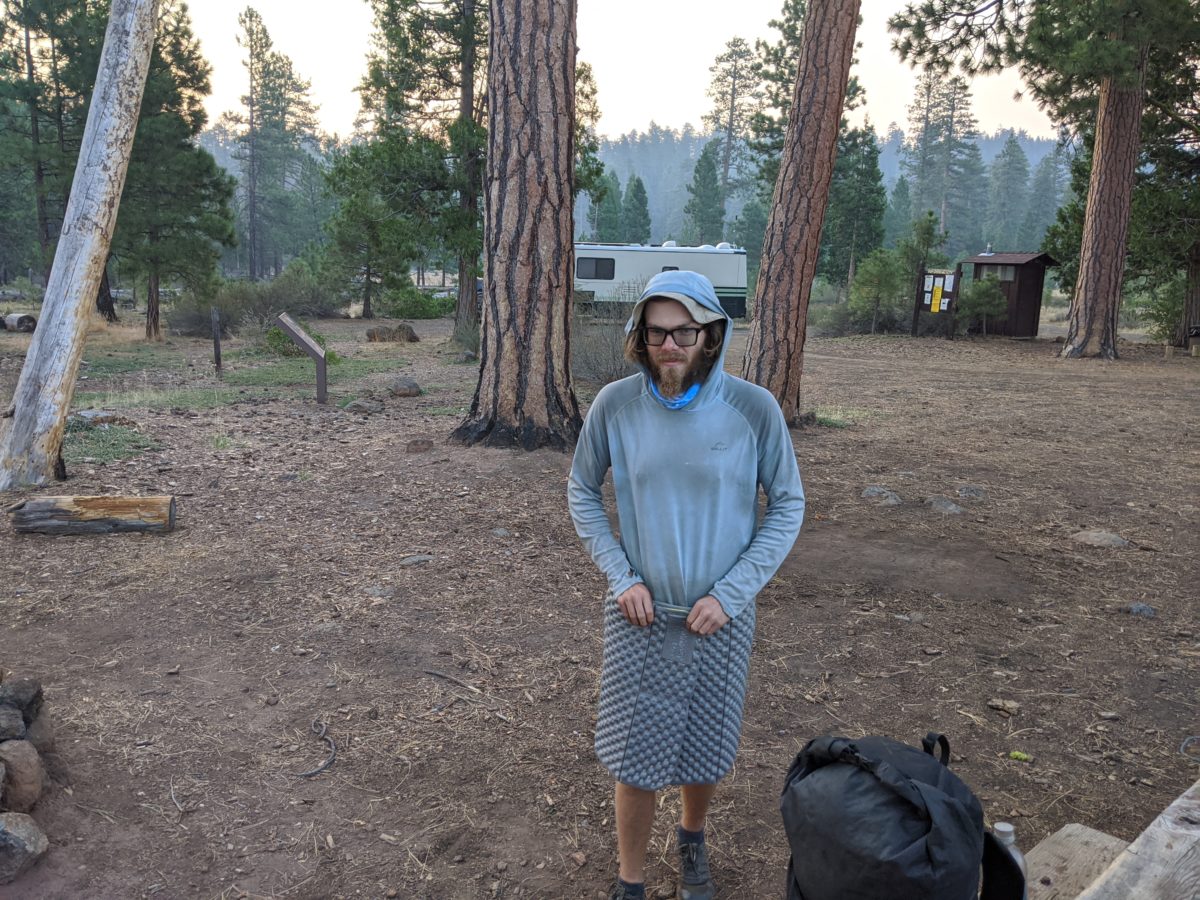Sometimes I find myself annoyed by what other people find mannerly.
I’m sure you have all found yourself in the position of seeing someone holding a door open for you while you’re still on the other side of the parking lot. You feel like you’re being rude if you don’t hurry up because you’re now holding them in place.
As someone who walks around town a lot, I’m often met with a car that stops just where I am planning to cross a road and waves me by. They frequently do this when they have one or more cars behind them followed by a huge gap so that if they had just kept going, I would have been able to cross anyway five seconds later and no one would have to wait for me to cross. Yet I know that were I to try to wave them by at that point, they would just double down and wave me through again as if to say “This has nothing to do with you, buddy. That guy behind me has been following too closely for miles, and you’re just an excuse for me to force him to wait.” To which I would think “Why did I have to be the scapegoat for this vendetta?” as I go ahead and cross. (I’ve learned to solve this problem constructively by simply turning my back on the driver when I see it’s about to happen. Unable to signal me to cross, the driver can no longer begin this game and is forced to do the thing that is most efficient for all involved.)
A similar thing happens out here on the trail. The footpath is only wide enough for one person to pass at a time, so whenever two people meet going opposite directions, one must yield and step off the trail. Rather than have this turn into an inefficient negotiation every time, someone somewhere long ago handed down a traditional rule: the uphill party must yield to the downhill party.
I find this rule annoying at best. It has a number of flaws:
- It does not specify what should be done on level ground, thus forcing such meetings to devolve into negotiations anyway.
- People going uphill tend to take more frequent breaks and often want to stop. They still can, of course, but only if they are the first to do so. Otherwise, the situation devolves into a negotiation.
- Like with the door holding scenario, the climbing party will feel pressured to climb faster once the uphill party yields, but it’s harder to speed up when climbing.
- Because the climbing party tends to be slower than the descending party, this criteria is designed to maximize the amount of time someone has to wait.
On the other hand, the system does have one benefit: for someone who climbs quickly and has a lot of momentum, they don’t have to lose that steam and get that rush of stiffness to the legs that comes with even the briefest of stops while climbing.
